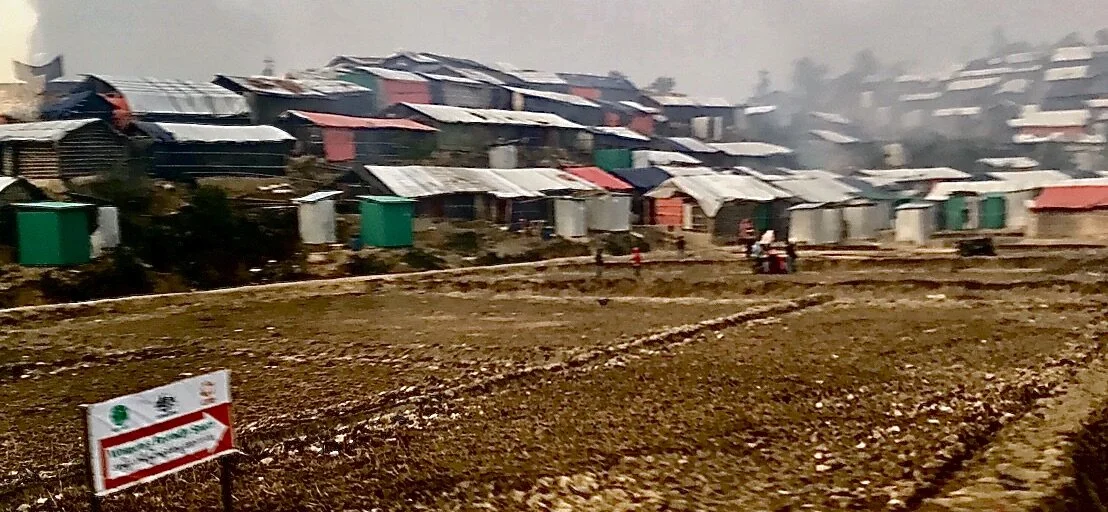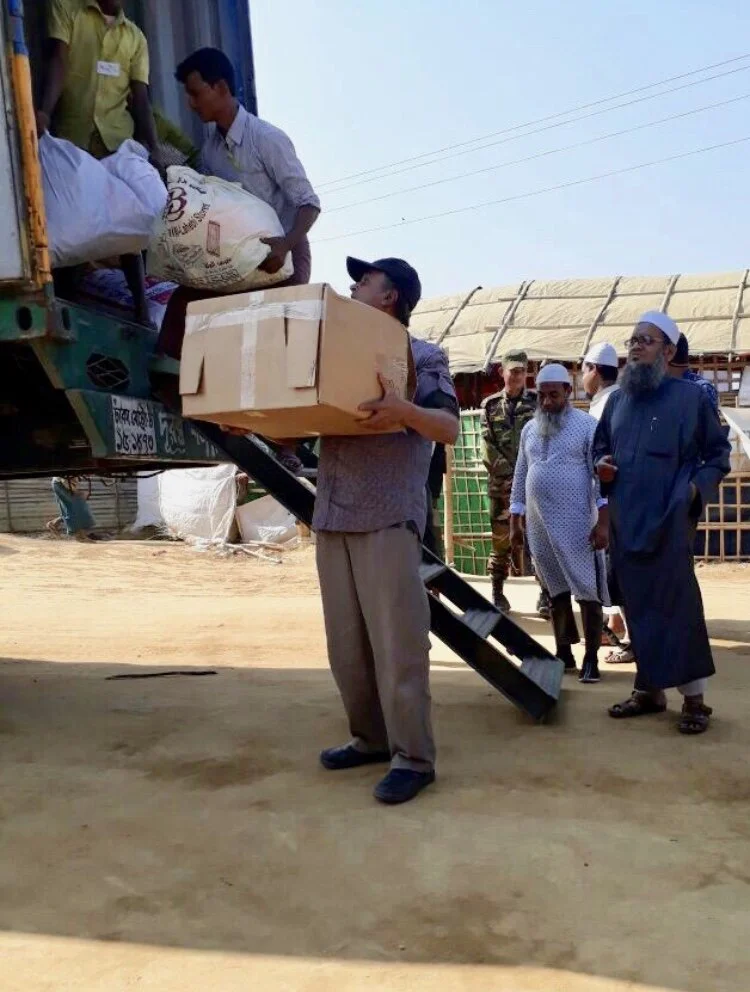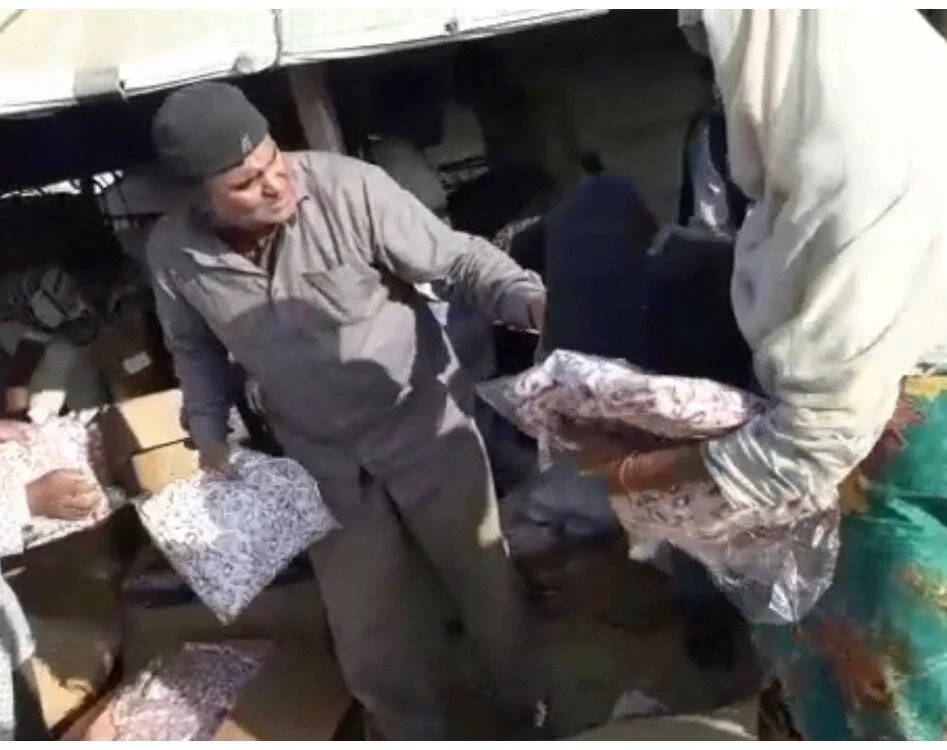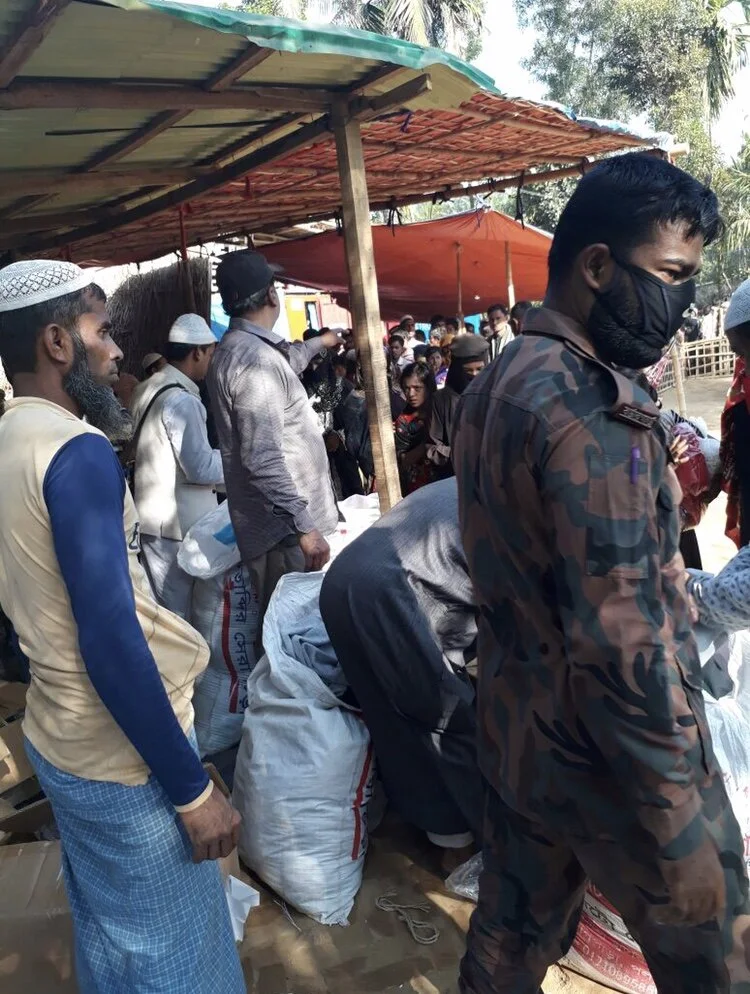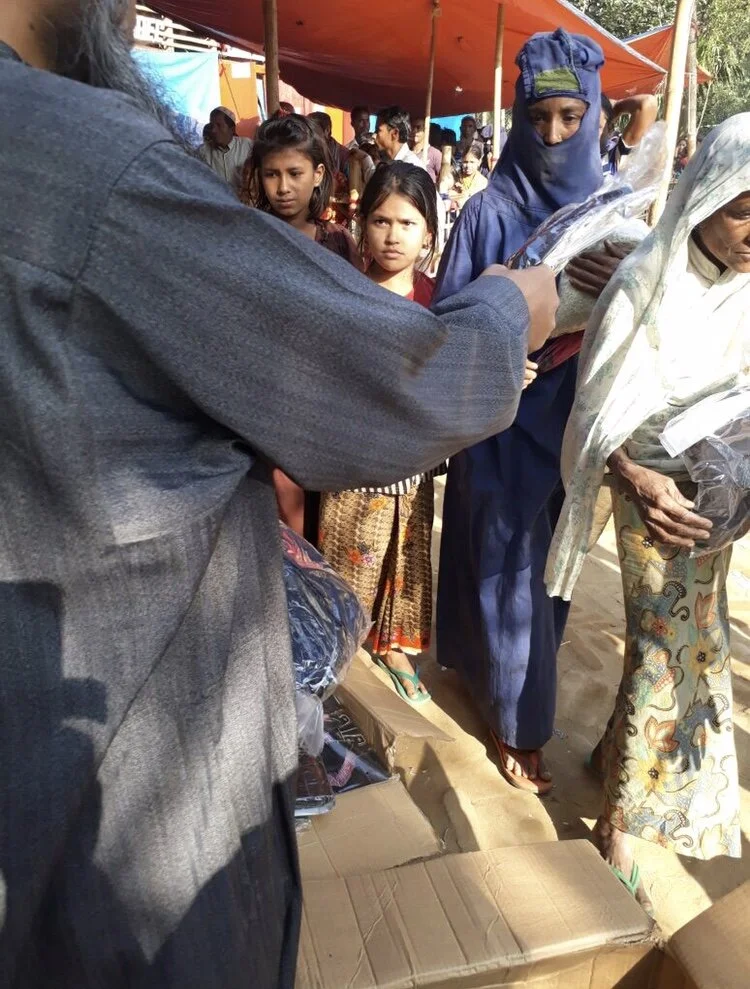
Rohingya Refugee Relief
From August 25, 2017, almost 712,000 Rohingya refugees had walked, swam, boated into Bangladesh, fleeing immense violence against Muslims in Burma as Burmese soldiers burned, pillaged, raped, killed, and injured their villages. The UN incriminated Burmese troops of waging an ethnic cleansing against the Rohingya. Due to the outpouring of humans grasping for survival, Bangladesh built one of the world’s largest refugee camps to house more than 800,000 stateless refugees.
Till June 2020 the total number of refugees still being hosted and helped is more than 860,000 people. Local medical teams supported by UNICEF and WHO, Doctors Without Borders, along with a plethora of relief organizations from around the world started going to Cox’s Bazaar to help immunize for prevention of any disease outbreak and provide essentials they need to sustain.
Many did not survive the travel between the two countries. Many arrived suffering from dire illnesses such as acute pneumonia. In the beginning, the small clinics expanded its maximum capacity dealing with more than 2,500 outpatients and 1,000 emergency room patients per week. Till today, the majority are reliant on humanitarian assistance in Bangladesh including food, shelter, clean water, medical care, and sanitation.
In January 2018, we from CHP collected $5,000usd (~424,000 taka) in donations and used 100% of those funds to distribute relief items among thousands of Rohingya refugees. In order to make sure all of our purchases and resources would reach them, we went on site, in person, to provide staple foods, clothes, and blankets as it is quite cold in Cox’s Bazaar. Following the genocide in Myanmar in August 2017, a large number of Rohingya and other ethnic minorities, approximately 902,000 refugees still live in the camps of Cox's Bazar.
There is still a massive lack of essentials like food and hygiene products. They remain living in cramped conditions as third world Bangladesh provides what they can but still the results are yielding in high rates of malnutrition. When funds allow, CHP will assist Rohingya refugees again with essentials in person. This is one of the fastest-growing emergencies in the world.
OUR ON SITE ASSISTANCE AT COX’S BAZAAR IN JANUARY 2018
